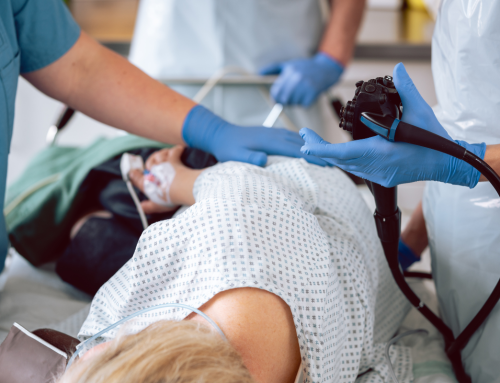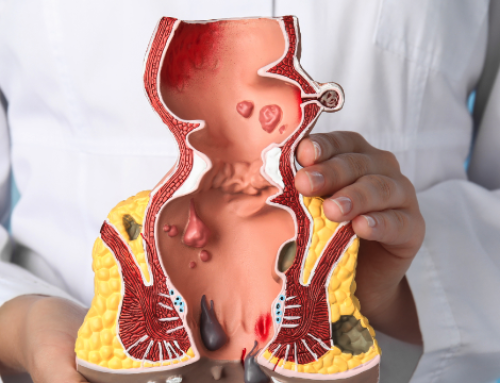What types of foods should you eat after recovering from colon surgery?
Your body goes through a lot during surgery, so the recovery period is important.
Your body needs to heal. Soft foods that are easy to digest and swallow are going to be the best for after surgery. Foods that help boost your immune system are also great for recovery.
Probiotics, which help restore your gut flora, can be helpful for after surgery. You can buy probiotics as a supplement or you can get it naturally from foods like yogurt.
In this video, Dr. O’Connor discusses after-surgery diet and probiotics with Nurse Alice Benjamin and Dr. Scott Metcalfe from Bravo’s Married to Medicine on BlackDoctor.org.
Transcription
Dr. Lynn O’Connor: Initially, after surgery, you’re going to want to stay on what we call a “low residue diet”. No raw fruits, no raw vegetables and no red meat. After the surgery where the colon is cut, it has to be put back together. That’s called anastomosis and you don’t want to stress that with certain types of foods. You want to have foods that are high in zinc because zin boosts the immune system. You want to have foods that are high in Vitamin C and that can help collagen production. So there’s a healing trio of foods that you want to have.
Even probiotics after surgery I find are helpful. The whole what we call flora, which is the mix of the good bacteria and bad bacteria in the colon, gets disrupted from surgery, gets disrupted from antibiotics and gets disrupted from the clean out. You want to repopulate the colon and you can help that with probiotics.
Nurse Alice: Is that in my yogurt? I think I’ve seen that in yogurt…
Dr. Lynn O’Connor: Yogurt is the absolute perfect, inexpensive probiotic. There are tons of them out on the market. When you’re looking for probiotics you want to make sure it has live active cultures. You want to make sure you’re looking at the box and it shows what cultures there are. And you want to make sure that there are at least a million or more live active cultures in there in order for it to be something that’s beneficial. Check the shelf life and most times you should keep it refrigerated to keep the probiotic alive longer.




